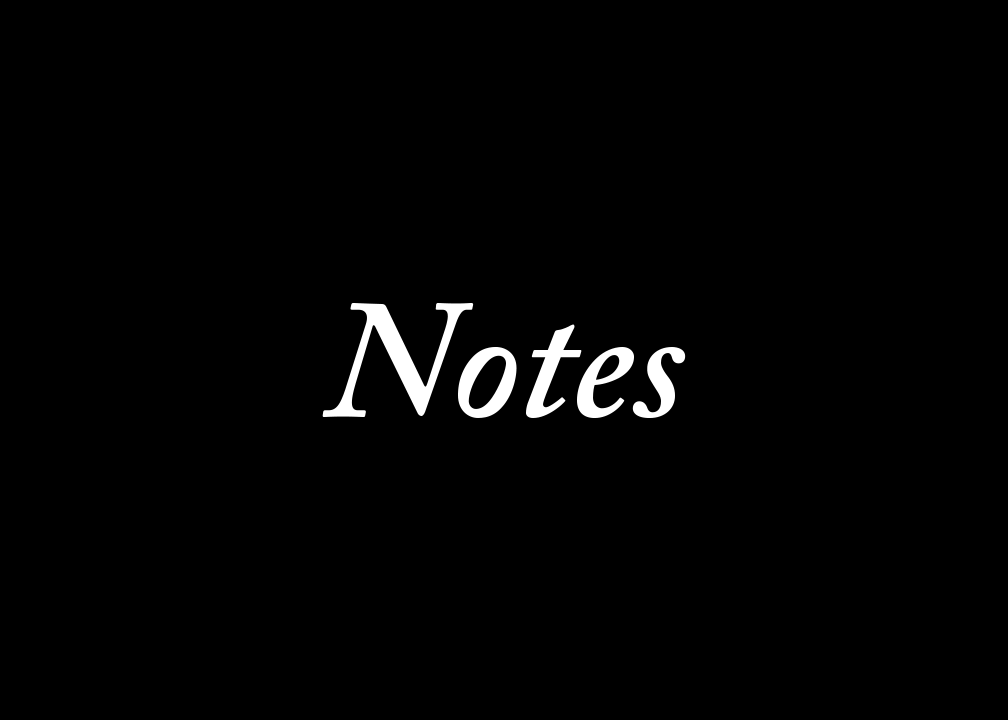A house of stones and glass
At a July 13 campaign rally outside Pittsburgh, a would-be assassin fired three shots at former President Donald Trump, grazing his right ear. Trump dove to the podium and was quickly surrounded by Secret Service agents who whisked him off stage, but not before he posed for a photo. Blood streaking his face, the former president pumped his fist in the air and shouted “Fight! Fight! Fight!” The crowd roared in response. Two rally attendees were also shot, one fatally. On Monday, the dead victim’s wife told the New York Post that President Joe Biden called her to offer condolences (she declined to take the call, citing her husband’s “devout” Republicanism). Trump had not.
Many in the crowd turned on journalists after the shooting, cursing and extending middle fingers. Since the shooting, right-wing pundits have accused both the media and Democrats of demonizing Trump as a would-be dictator and causing the attempted assassination. But the alleged shooter, a twenty-year-old white man, was described as “conservative” by former classmates and is a registered Republican. Plenty of Trump’s detractors in his own party have described him as a demagogue, including some who later became his sycophants. In perhaps the most striking example, Sen. J.D. Vance, who Trump announced as his running mate on Monday, privately called him “America’s Hitler” in 2016.
During Trump’s presidency, the nation saw a sharp rise in right-wing extremism. It culminated in an unprecedented orgy of violence on January 6, 2021, when Trump incited his supporters to storm the U.S. Capitol in what has been described as an attempted coup. Vance is his V.P. pick in part because former Vice President Mike Pence was threatened with hanging during the insurrection for refusing to overturn the 2020 election results. Reporting the news is not inciting violence. Trump has done that himself, over and over again.
Roseland Pumping Station woes
Last Tuesday, July 10, a high-pressure water main leak at the 110-year-old Roseland Pumping Station led to a 24-hour boil order for parts of Beverly, Morgan Park, Auburn Gresham, and Mount Greenwood. This is the same pumping station that failed in 2021, where a similar boil order was issued to the surrounding community. With environmental concerns and the dilapidation of old infrastructure rising to the forefront of state and local policy platforms, the Weekly has been pointing its eye toward the system in its entirety.
The Roseland Pumping Station on 347 W. 104th St. (19th Ward) is one of twelve strategically placed pumping stations around the city. It transports 39 billion gallons of drinking water annually and is said to be pumped to over 750,000 Chicagoans throughout the South Side and south suburbs. The pumping station is located next to a ComEd vault, which feeds electricity to the station.
In 2021, a boil order was issued when a power outage at the pumping station caused an equipment failure, which prompted the Office of the Inspector General to investigate the pumping station’s systems. The finding was that the pumping station was running on the wrong batteries. The result of this was a dispute between city officials and ComEd about whether ComEd was responsible for the failure or if city officials did not properly procure the batteries necessary to keep its own technology running. The conclusion was that the city was using an outdated pumping system.
As water, power, and other underlying tenets of the city’s infrastructure age and fall under scrutiny, it will be of vital importance that the city departments responsible for maintaining and updating these systems are well-funded and well-equipped.
Summer music in Chicago
In a city as big and diverse as Chicago, there’s more than one music genre to dominate the summer music scene—that is, if one still believes in boundaries for what defines any genre. Earlier this month, House Music 40 in Grant Park celebrated forty years since the first house record was pressed and sold to the public. In a seamless transition, last weekend on Oakwood Beach, Miche Fest celebrated the Latin rhythms and percussive beats that influenced the multi-layered disco tracks of the seventies—the very records that early house records sampled, copied, or riffed off. Miche Fest blended the sounds of Afrobeats, house, juke, reggaeton and more into a two-day celebration of international and homegrown música latina, a genre that’s proven amorphous and adaptable over generations and continents.

